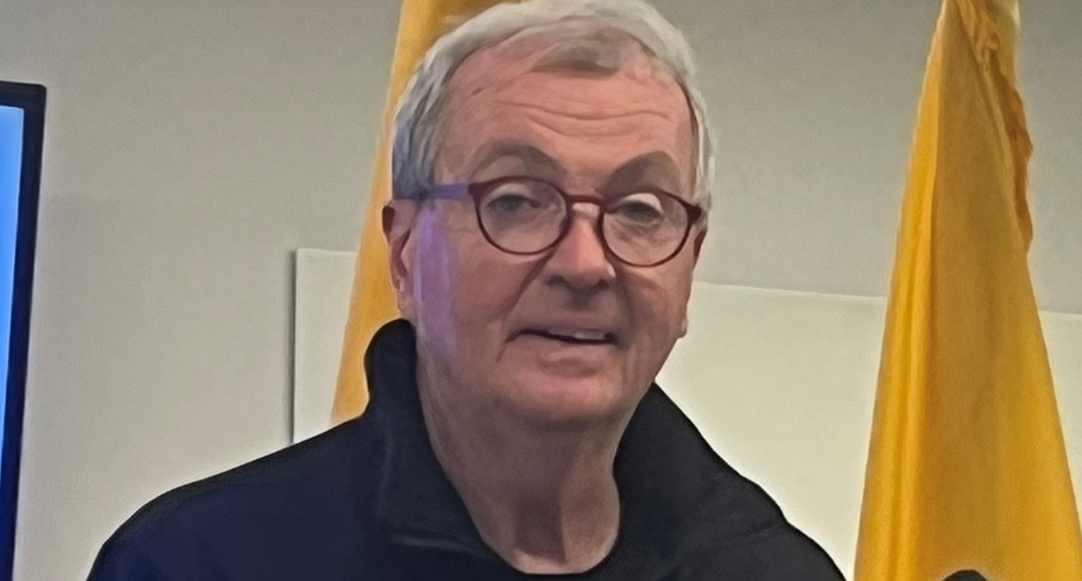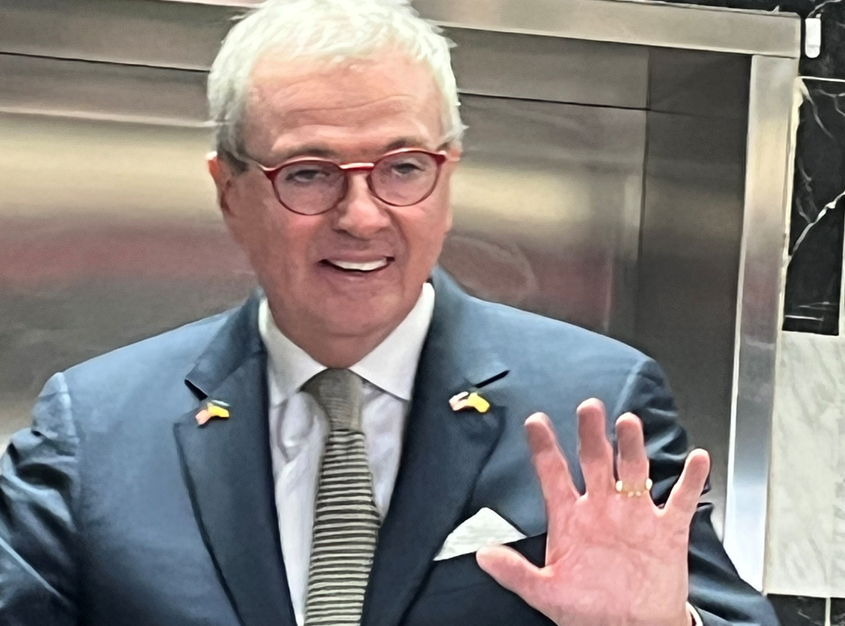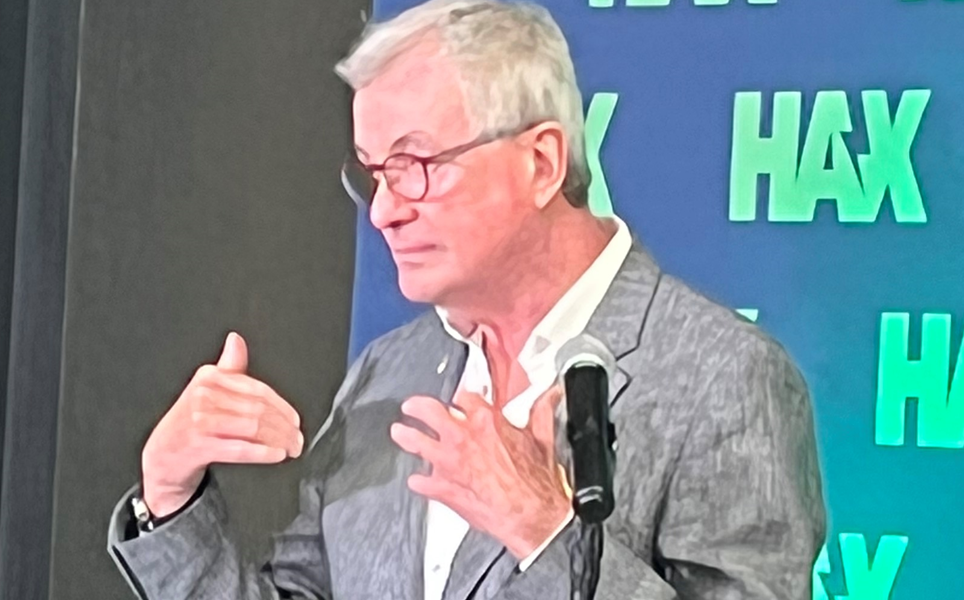
|
(Visited 122 times, 122 visits today)
Click here for the full Insider Index
New York City’s congestion pricing plan has been met with opposition from New Jersey Governor Phil Murphy, according to a report from Insider NJ. The plan, which aims to reduce traffic congestion in Manhattan by charging drivers a fee to enter certain parts of the city during peak hours, has been a controversial topic among lawmakers and residents alike.
Governor Murphy’s opposition to the plan stems from concerns about its potential impact on New Jersey commuters who rely on driving into the city for work. The governor has argued that the plan could disproportionately affect lower-income individuals who may not have access to public transportation alternatives.
In addition to concerns about the plan’s impact on commuters, Governor Murphy has also expressed skepticism about how the revenue generated from congestion pricing would be allocated. He has called for more transparency and accountability in how the funds are spent, suggesting that they should be used to improve public transportation infrastructure and reduce emissions rather than simply being used as a revenue-generating tool.
Despite Governor Murphy’s opposition, supporters of the congestion pricing plan argue that it is necessary to address the city’s growing traffic congestion problem. They point to successful implementation of similar plans in cities like London and Singapore, where congestion pricing has helped reduce traffic congestion and improve air quality.
Ultimately, the fate of New York City’s congestion pricing plan remains uncertain as lawmakers continue to debate its merits and drawbacks. Governor Murphy’s opposition adds another layer of complexity to the issue, highlighting the challenges of implementing effective transportation policies in densely populated urban areas.



